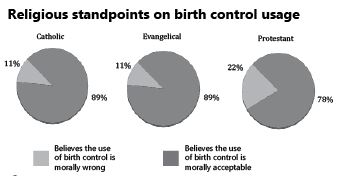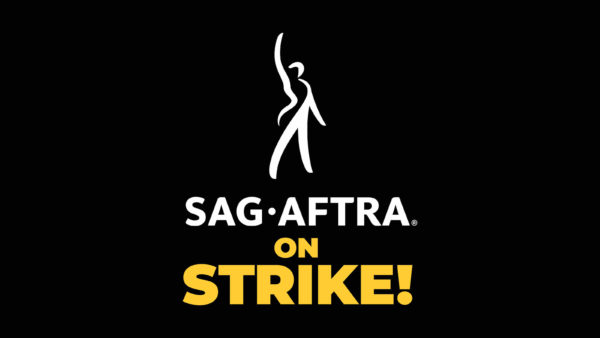Federal birth control rollback harmful
More stories from Ellen Garrett
The Trump administration recently took the first steps in expanding the rights of employers to be able to deny certain rights based on religious freedoms of the employer, according to the New York Times. This is being done through two actions in the Department of Human Health and Services (DHHS) and the Justice Department.
The DHHS issued two rules rolling back federal requirements for employers to include birth control coverage in employee insurance plans. According to the New York Times, over 55 million women have access to birth control coverage now, but after these issues, tens of thousands will lose this insurance.
These rollbacks and viewpoints are all based on the idea that having birth control included under employee health insurance plans is against religious freedom. Including birth control is said to violate the beliefs of religions, such as Catholicism, that are opposed to birth control. People advocating for this rollback have cited the First Amendment and have claimed that freedom of religion means that we need to respect the rights of each religion and cater our laws to them. However, a look into the First Amendment reveals almost entirely the opposite. Options need to be available, not eliminated completely because one religion disagrees.
Not only does the motive behind this rollback need to be reevaluated, but birth control itself is not used exclusively for protection against unwanted pregnancies. According to youngwomenshealth.org, the birth control pill can be used for several other hormonal issues. These include irregular menstruation, severe premenstrual syndrome (PMS), acne, menstrual cramps, and endometriosis, along with several others. This ties directly to the misconception that birth control is only used for sex.
Of these reasons, one of the most medically significant is endometriosis. According to endometriosisassn.org, endometriosis is a painful and chronic disease that affects 6.3 million women and girls nationwide. The most convenient way to suppress endometriosis and lessen the constant suffering that it causes is through different birth control methods that are expensive outside of insurance.

Birth control is a necessary part of life and is needed to help day-to-day (or month-to-month) life be a bit more bearable. This rollback should not have anything to do with religious freedom and is negatively affecting women who live with conditions like endometriosis everyday. In order to make nationwide health care decisions pertaining to birth control, we need to evaluate and prioritize the suffering of women with unbearable pain that could be suppressed or solved by insured birth control.

Payton is a senior who has been on staff for three years. She served as the Opinions Editor her junior year and is now the Online Editor and Assistant...










